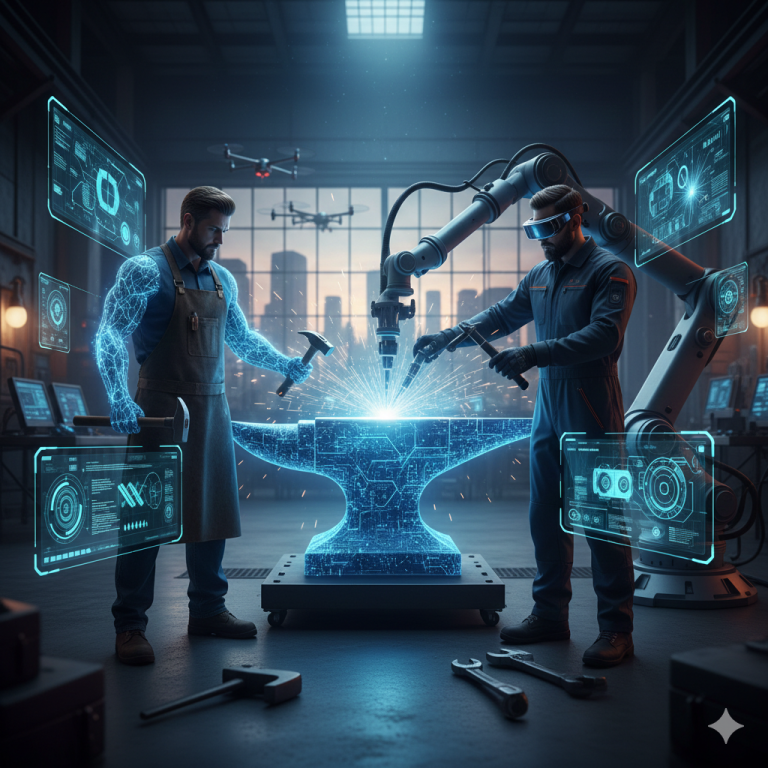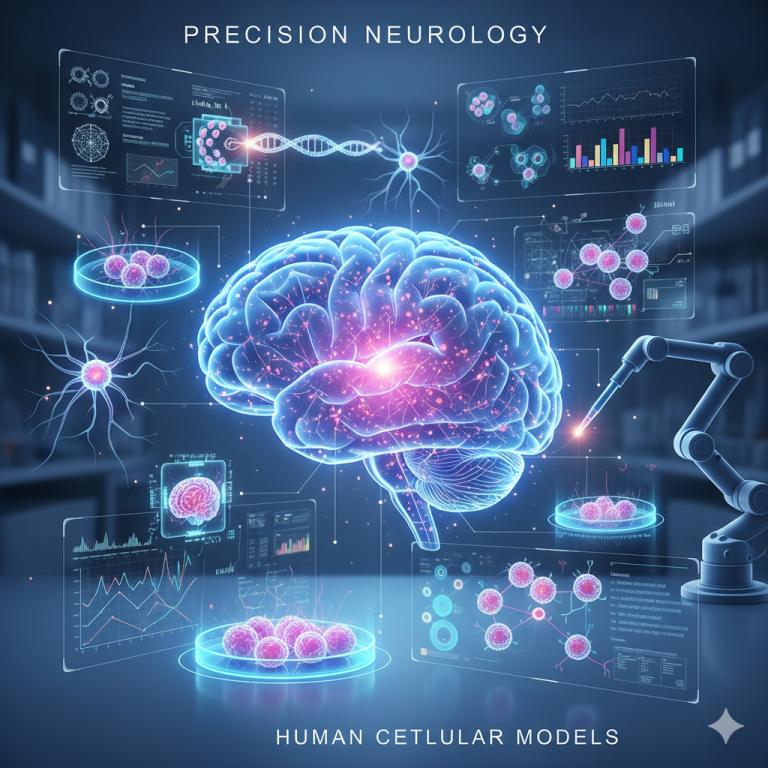
AI job revolution
The Dawn of an AI-Driven Economy
The rise of artificial intelligence is no longer a speculative concept—it is a full-fledged revolution reshaping industries, job roles, and economic landscapes. As companies integrate machine learning, robotics, and intelligent algorithms into their operations, the global workforce is undergoing seismic shifts. From automation replacing repetitive tasks to AI-driven decision-making systems, organizations are redefining the very nature of work. But while some fear mass unemployment, others see opportunities for reinvention, innovation, and growth.
Technological evolution has always been a double-edged sword. The transition from agriculture to industrial work displaced millions but ultimately led to new opportunities in manufacturing. Likewise, AI has the potential to drive human progress if managed wisely. Governments, businesses, and workers must engage in a symbiotic strategy to mitigate risks and capitalize on AI’s transformative potential.
AI-Powered Automation – The Role of Artificial Intelligence in Streamlining Tasks and Replacing Repetitive Jobs
Automation has long been a driving force in efficiency gains, but AI-Powered Automation takes it to an entirely new level. Unlike traditional mechanization, AI-based systems can process vast datasets, learn from patterns, and adapt in real time. This technological leap allows machines to handle complex problem-solving, predictive analytics, and even creative tasks, once considered exclusive to humans. From automated financial trading to self-checkout kiosks, AI is eliminating monotonous work, allowing employees to focus on higher-value activities.
Industries such as manufacturing, customer service, and logistics are already witnessing significant transformations. Warehouse robots, virtual assistants, and AI-driven analytics are becoming the new norm, accelerating productivity and cutting operational costs. Yet, this progress also raises concerns about job security and economic inequality, leading to crucial discussions on workforce adaptation and policy interventions.
The Shift from Traditional Jobs to AI-Augmented Roles
Automation is not just eliminating jobs—it is altering the very structure of employment. Consider the impact of AI on administrative roles. Tasks such as data entry, appointment scheduling, and basic reporting are increasingly being handled by intelligent virtual assistants. In contrast, roles that require nuanced human judgment, like strategic planning, remain largely unaffected. However, even these positions are evolving as AI tools provide deeper insights and decision-support mechanisms.
The integration of AI also means that employees must now become proficient in leveraging these tools. Businesses expect workers to understand AI-driven analytics, use automation platforms effectively, and collaborate with AI-driven systems. Companies that fail to provide training risk creating a workforce that is unprepared for this paradigm shift.
Future Job Skills – The Essential Skills Workers Need to Thrive in an AI-Driven Economy

With automation handling routine tasks, workers must cultivate competencies that AI cannot easily replicate. Critical thinking, emotional intelligence, complex problem-solving, and creativity will define the future workforce. Adaptability and digital literacy will become indispensable as employees navigate the evolving professional landscape.
The demand for Future Job Skills will be particularly pronounced in fields that integrate AI rather than compete against it. Professionals adept at leveraging AI tools—whether in data science, cybersecurity, or business strategy—will find themselves at the forefront of economic progress. Additionally, soft skills such as leadership, collaboration, and ethical decision-making will gain prominence as companies seek employees capable of bridging human-machine interactions.
The Growing Demand for AI Literacy
AI literacy is becoming as fundamental as computer literacy was in the late 20th century. Workers who can understand AI’s capabilities, limitations, and ethical implications will hold a competitive edge. Institutions of higher learning, corporations, and online platforms are already developing AI-focused courses to bridge this skills gap. Governments are also playing a role, funding initiatives that promote STEM education and digital skills development from an early age.
Workforce Transformation – How Industries Are Adapting to AI Integration and Changing Job Roles
The impact of AI extends beyond individual job functions; it is fundamentally altering entire industries. The healthcare sector, for instance, has witnessed the emergence of AI-assisted diagnostics, robotic surgeries, and predictive patient analytics. Meanwhile, finance has embraced algorithmic trading, fraud detection systems, and automated risk assessment.
Workforce Transformation is not about mere job replacement—it is about redefining roles to enhance efficiency and innovation. In retail, AI-powered chatbots provide personalized customer service, while in education, adaptive learning platforms customize teaching experiences for students. Employers must embrace upskilling initiatives to ensure employees remain agile, adaptable, and equipped to work alongside AI rather than be displaced by it.
The Changing Role of Leadership in an AI-Driven Workforce
As AI transforms industries, leadership must also evolve. Traditional managerial roles centered on task delegation are shifting towards fostering innovation, guiding employees through change, and ensuring ethical AI implementation. Leaders must develop a forward-thinking mindset, staying informed on AI advancements while advocating for responsible AI adoption that benefits both businesses and employees.
Job Displacement and Creation – The Dual Impact of AI Eliminating Some Jobs While Creating New Opportunities
While AI undoubtedly disrupts traditional employment structures, it also paves the way for new career opportunities. Routine and repetitive roles may decline, but demand will surge for professionals specializing in AI development, machine learning, and human-AI collaboration.
Historically, technological advancements have led to net-positive job growth. The industrial revolution, for example, replaced agrarian labor with factory work, while the internet age created entirely new industries. Job Displacement and Creation is a nuanced phenomenon, requiring proactive approaches from governments, educational institutions, and businesses. Strategic workforce planning, vocational training, and AI-centric curricula can ensure displaced workers transition into emerging career paths rather than be left behind.
Reskilling and Upskilling – The Importance of Continuous Learning to Stay Relevant in an AI-Driven Job Market

Education is no longer a static pursuit—it is a lifelong necessity. As automation alters job landscapes, employees must embrace Reskilling and Upskilling initiatives to maintain relevance. Traditional degrees may no longer suffice; instead, micro-credentials, specialized certifications, and hands-on experience will define career advancement.
Governments and corporations alike recognize the urgency of workforce retraining. Companies such as IBM and Microsoft have launched AI-focused learning programs, while governments worldwide are investing in technical education grants. Encouraging adaptability ensures that workers remain competitive in an economy increasingly reliant on AI-driven processes.
The Role of Online Learning and AI in Education
AI is not just changing jobs—it is changing how people learn. Online platforms use AI to personalize education, recommending courses based on individual learning patterns. AI tutors provide real-time assistance, ensuring students grasp complex concepts. These innovations make lifelong learning more accessible, providing opportunities for career advancement even for those without traditional university degrees.
Conclusion
The AI-driven job revolution is an irreversible reality, reshaping work as we know it. While automation presents challenges in workforce adaptation, it also unlocks unprecedented opportunities for innovation, efficiency, and collaboration. Embracing AI-Powered Automation, fostering Future Job Skills, and prioritizing Reskilling and Upskilling will define success in this evolving landscape. Companies and workers alike must navigate this transformation proactively, ensuring that AI serves as an enabler of progress rather than a force of disruption.




